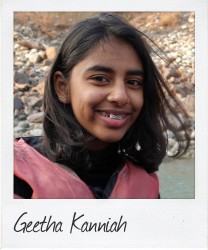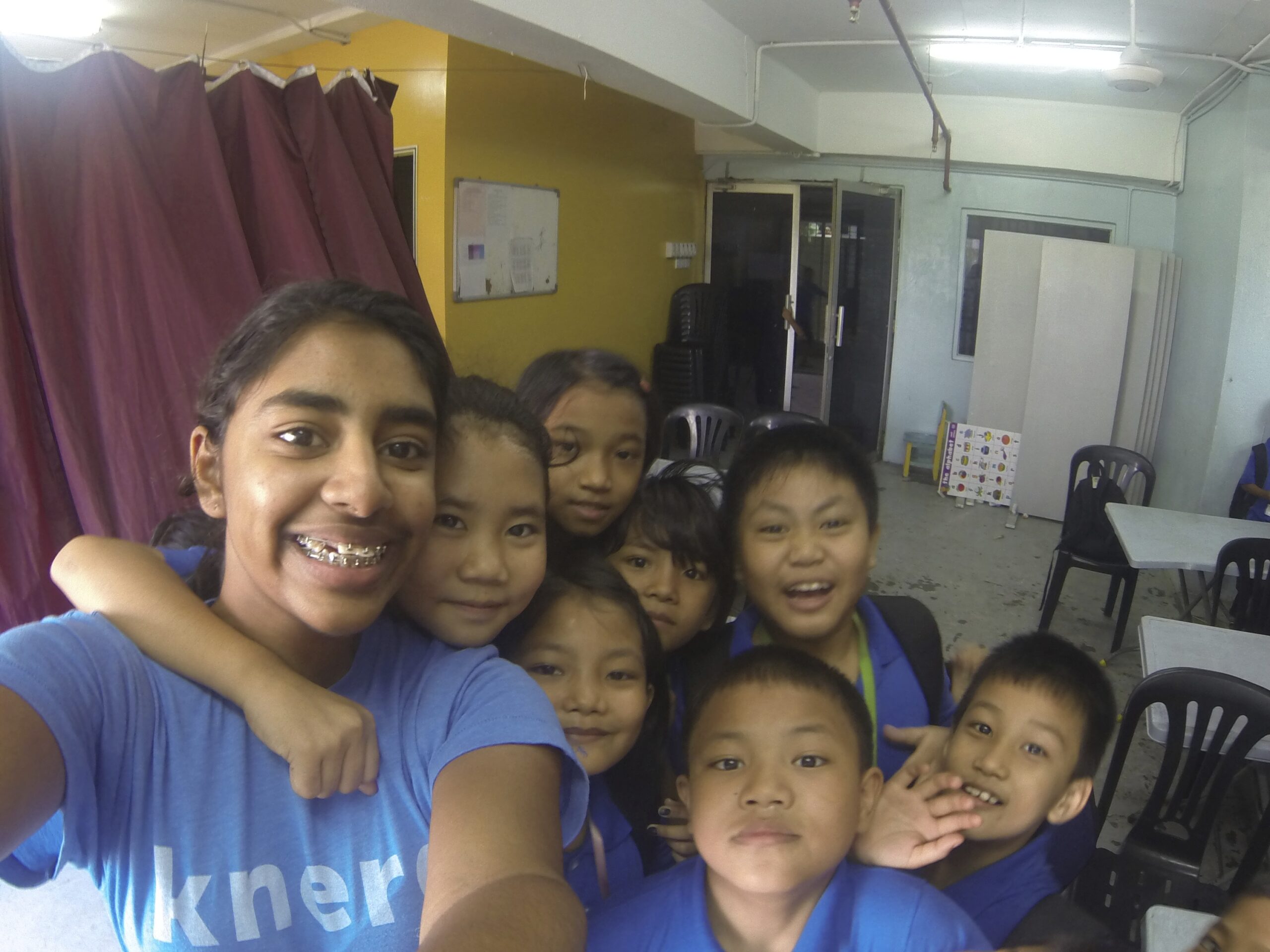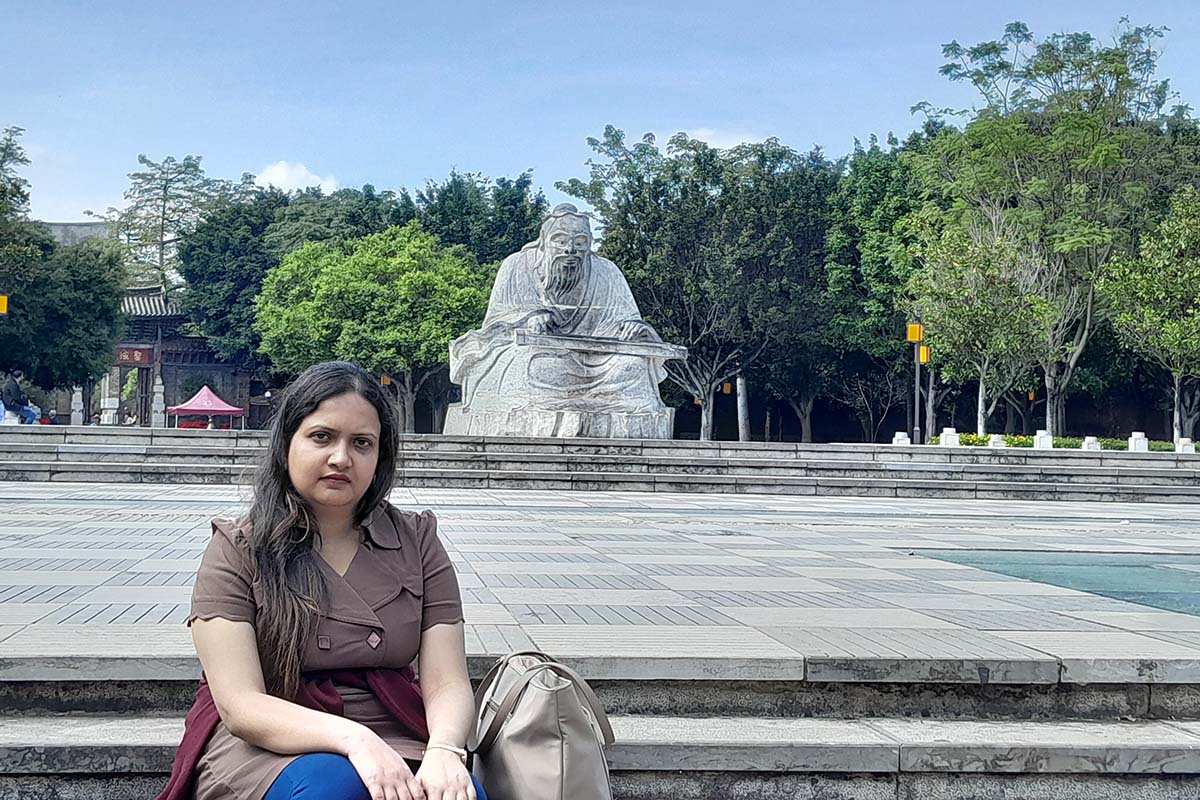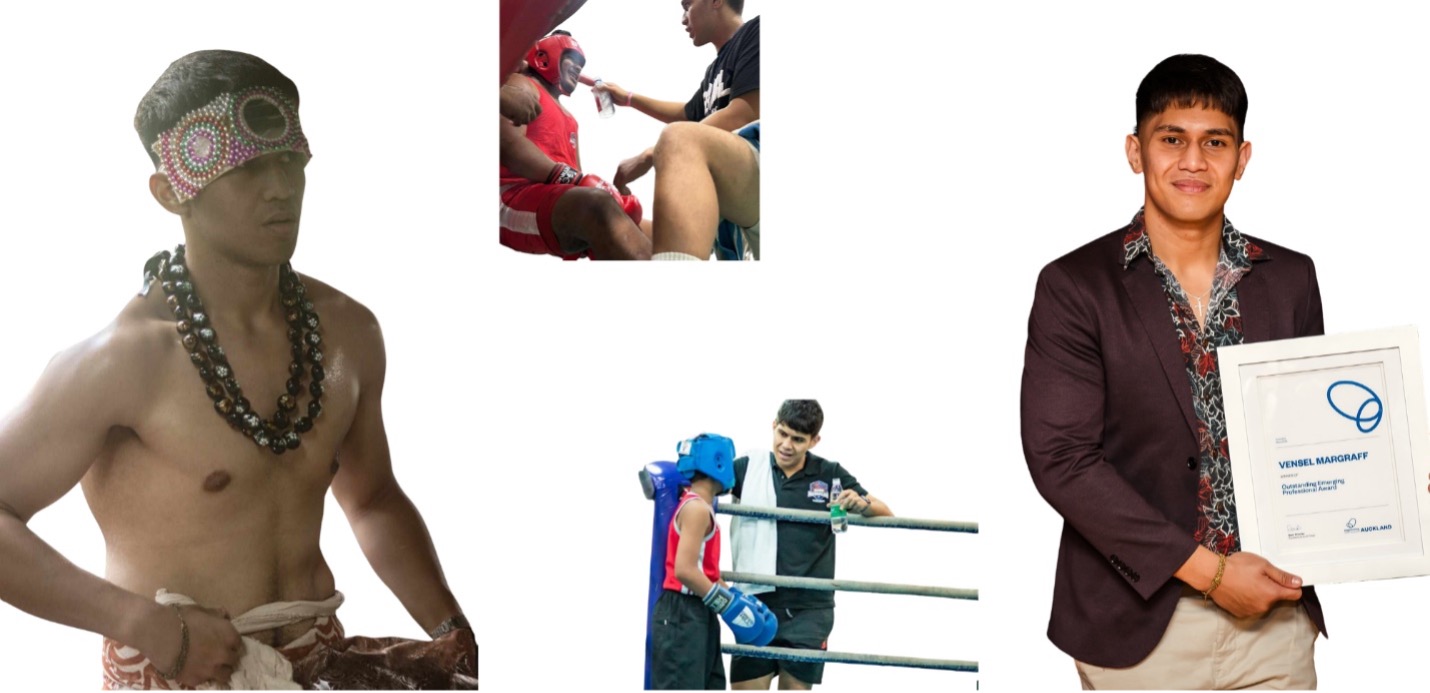"Refugee children embrace opportunity to learn"
April 1 Children brim with positive spirit and eagerness to learn in spite of dire surroundings, writes Geetha Kanniah, 18, a Commonwealth Correspondent from Malaysia who is volunteering to teach at a refugee centre.
Children brim with positive spirit and eagerness to learn in spite of dire surroundings, writes Geetha Kanniah, 18, a Commonwealth Correspondent from Malaysia who is volunteering to teach at a refugee centre.
I hope I can get you to picture this:
I get off the bus, a two hour journey from home and walk towards a flats – a five-storey building, long, and rather tired looking. It is dusty and hot – there isn’t any shade along the massive highway from which an endless stream of cars and lorries spew enough dust to coat the windows and the grounds of this flats. I walk past a little shop at the entrance of the block. A Myanmar woman sells some basic necessities: canned food, wilted vegetables, snacks in dusty plastic bags, some old fruits and some fish left soaking in a tub of water, presumably to keep it fresh.
I walk pass men and women who lounge around the corridors, and others who rush off to carry out some odd jobs for the day. The stench from the drains and the open garbage bins is just too much for me. I close my nose and walk hurriedly. I enter a courtyard between two blocks. Again, I can’t help but notice rubbish strewn everywhere – probably dropped from anywhere above, the stench once again, and the loitering figures whom I’m aware can be dangerous for me as I walk alone.
Gradually I hear voices coming from the classroom. The children are singing their morning praise in prayer – rather melodiously, I must say. Once done, they scramble to their seats. I wait until they’re ready for me to enter, and I see their faces light up as they turn to look out for the ‘teacher for the day’.
I enter the room and they greet me happily – so happily – “good afternoon, teacher” and run over to touch me, hold me, cling on to me. I quickly dismiss them, not harshly but with a smile. They return to their seats and eagerly wait to learn something from me today. I say ‘something’ because it’s a ‘school’ that allows me to choose any subject and topic that I find comfortable.
I’m a volunteer at the Myanmar Refugee centre run by the United Nations Human Rights Commission. This has been my weekly routine for a few months now. It’s hard to get volunteer teachers because the centre is not the best place to be, given its poor hygiene and dangers that may lurk around the corner. These children belong to the Chin tribe. They’re an oppressed lot who have fled their homeland, through days and nights walking through dangerous borders, crossing rivers and sea, up and down hills, through jungles, to arrive here in Malaysia. They have been placed in the centre for an indefinite period until the time they get the chance to leave for a first world country and a brighter future. Until then, the parents are allowed to work for 200 Ringgit Malaysia per month as house cleaners or restaurant help. The children spend their whole day at this ‘school’, to keep them away from danger and from the streets where they can be caught for leaving the premise.
The ‘school’ is a long room at the base of the flats. It is divided into classrooms by curtains, which do nothing to keep the noise away from the next ‘classroom’. A small office stocks up stationary, which is low in supply, and two tables meant for the resident teachers and four Myanmar volunteers.
This afternoon, I pick up a math textbook for primary five. I take it with me to the classroom. Again the children are happy I’m back! Today I’m teaching them all about multiplication and division. The one girl who impresses me is eight-year-old Chien. She is smart and fast. I can see that she hungers to learn more and she is learning more than ust time spent at ‘school’. Six-year-old Henki is trying his best to confuse Chien. The boys are rather cheeky. They steal each other’s stationary, throw rolled up paper at the girls – everything one would expect in a class of young kids. The children are grouped together by a combination of knowledge level and age. As usual, the class ends with a round of games. They’re excited to win prizes of biscuits, chocolates, notebooks, and crayons that I pick up before class.
The day ends with high fives, thank you wishes, and hugs from the children. I must add that they’re enthusiastic, well mannered, and a joy to be with. Their work is immaculate. They treasure their stationary and exercise books and even dress neatly for ‘school’.
I take my leave. Once again through the corridors, to the bus. I’m heading home to my comforts: clean shower, cosy bed, warm dinner, orange chiffon cake. I have all these and more, but the children at the centre simply don’t.
The children live in a restricted zone, in dangerous conditions, poor, and with a future undecided. Yet they are in good spirits.
Photo: by Geetha Kanniah
…………………………………………………………………………………………………………………
About me:
I am a Malaysian who looks for adventure and thrill, and is passionate about sports. I enjoy tennis, swimming, badminton and most recently, longboarding. I also spend a lot of my time with my camera, capturing as much as I can, while documenting them on my blog: journeywithacamera.wordpress.com.
My travels give me the exposure to learn about the world. And to know and do more, I volunteer with different organizations, particularly in the marine field. My ambition is to be an explorer and to reach out to people.
…………………………………………………………………………………………………………………
Opinions expressed in this article are those of the author and do not necessarily represent the views of the Commonwealth Youth Programme. Articles are published in a spirit of dialogue, respect and understanding. If you disagree, why not submit a response?
To learn more about becoming a Commonwealth Correspondent please visit: http://www.yourcommonwealth.org/submit-articles/commonwealthcorrespondents/
…………………………………………………………………………………………………………………




